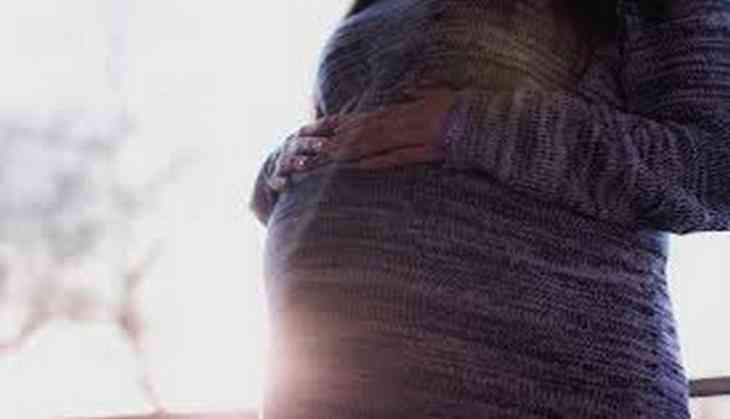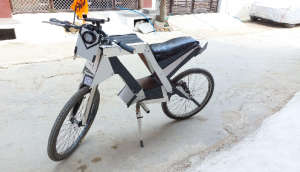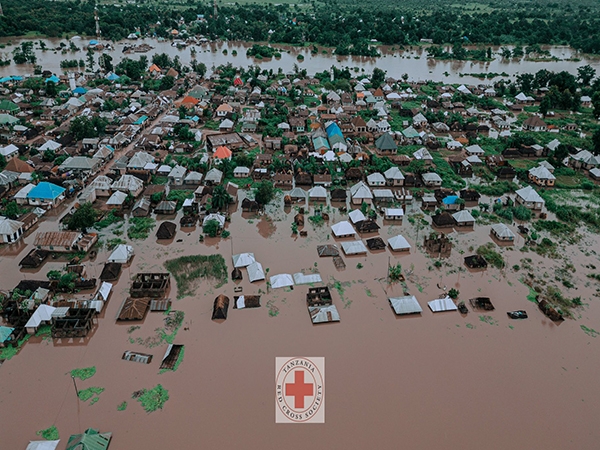
Here's a good news for women, who are planning for a baby, as taking vitamin D supplements can improve the chances of conceiving, a recent research suggests.
Researchers from Birmingham University in Edgbaston, United Kingdom have found the women undergoing fertility treatment were 33 percent more likely to have a baby if their vitamin D levels were healthy.
The findings indicated that the women who had sufficient levels of vitamin D in their blood were 46 percent more likely to become pregnant and 33 percent more likely to have a live birth.
According to researchers, the vitamin is particularly important during pregnancy as it affects the way a baby's bones grow in the womb.
The team analysed 2,700 women undergoing IVF and other forms of fertility treatment, which was compiled from 11 previous studies.
Amazingly, they found that three in four women trying for a baby were deficient in vitamin D.
The results indicated that vitamin D may help dampen the immune system's inflammatory response, improving the chances that an embryo successfully implants in the lining of the womb at the very start of pregnancy.
Researcher Dr Ioannis Gallos said, "They had only found a link connected to blood tests - and had not actually tested whether supplements would boost fertility."
He has also proposed for a full randomised control trial to establish the efficacy of vitamin D regarding chances of conceiving.
It is possible that an increase in sun exposure and greater sunlight luminosity increases the body's store of vitamin D, thereby yielding higher conception rates in summer and autumn they stated.
Oily fish such as sardines or mackerel, red meat, liver or eggs are all rich in vitamin D, the researchers noted.
Fellow researcher Dr Justin Chu said, "The women should beware taking very high doses of vitamin D in a bid to conceive - as it is possible to overdose."
The research appears in the Human Reproduction journal.
-ANI







![BJP's Kapil Mishra recreates Shankar Mahadevan’s ‘Breathless’ song to highlight Delhi pollution [WATCH] BJP's Kapil Mishra recreates Shankar Mahadevan’s ‘Breathless’ song to highlight Delhi pollution [WATCH]](http://images.catchnews.com/upload/2022/11/03/kapil-mishra_240884_300x172.png)

![Anupam Kher shares pictures of his toned body on 67th birthday [MUST SEE] Anupam Kher shares pictures of his toned body on 67th birthday [MUST SEE]](http://images.catchnews.com/upload/2022/03/07/Anupam_kher_231145_300x172.jpg)






